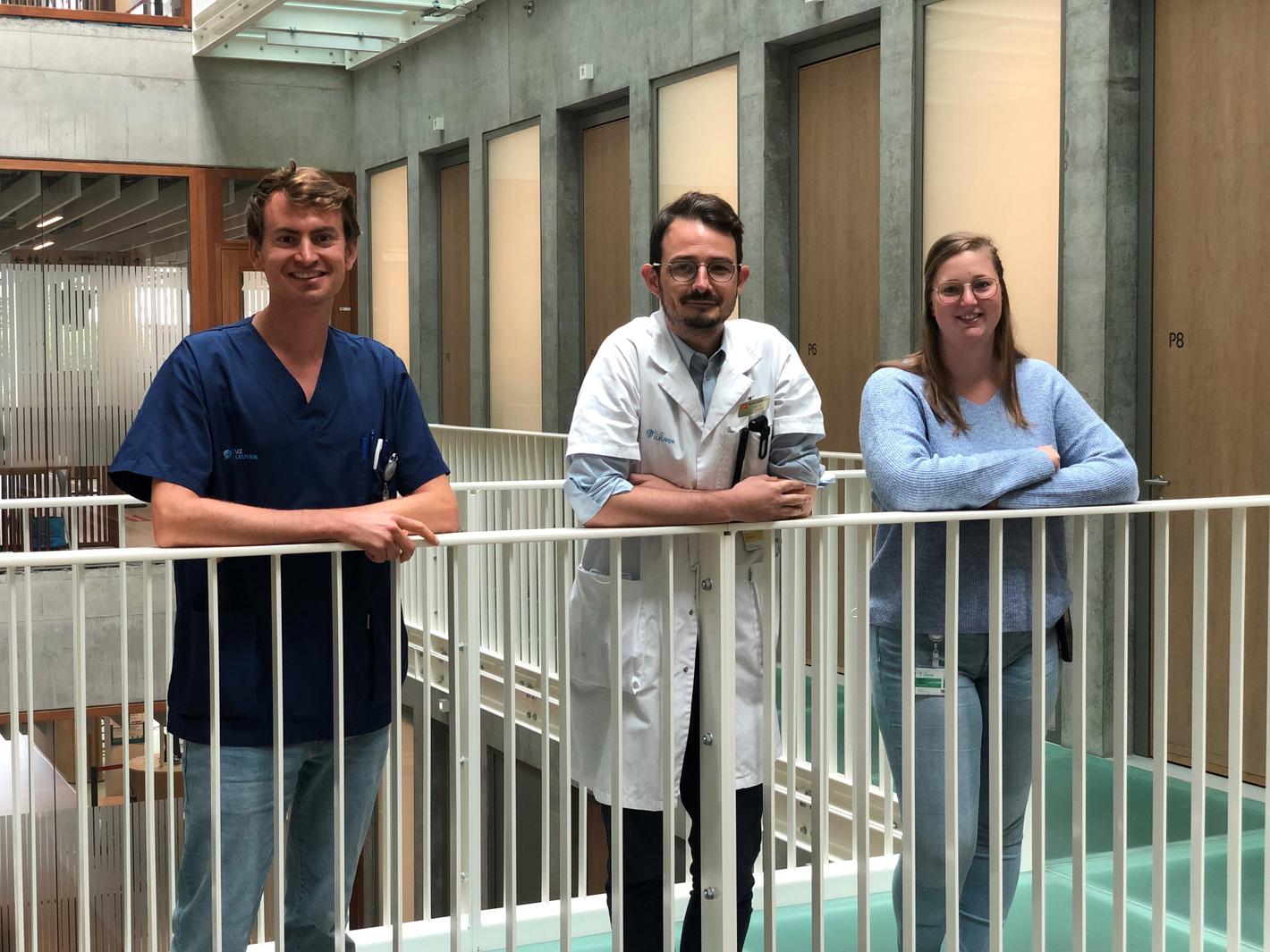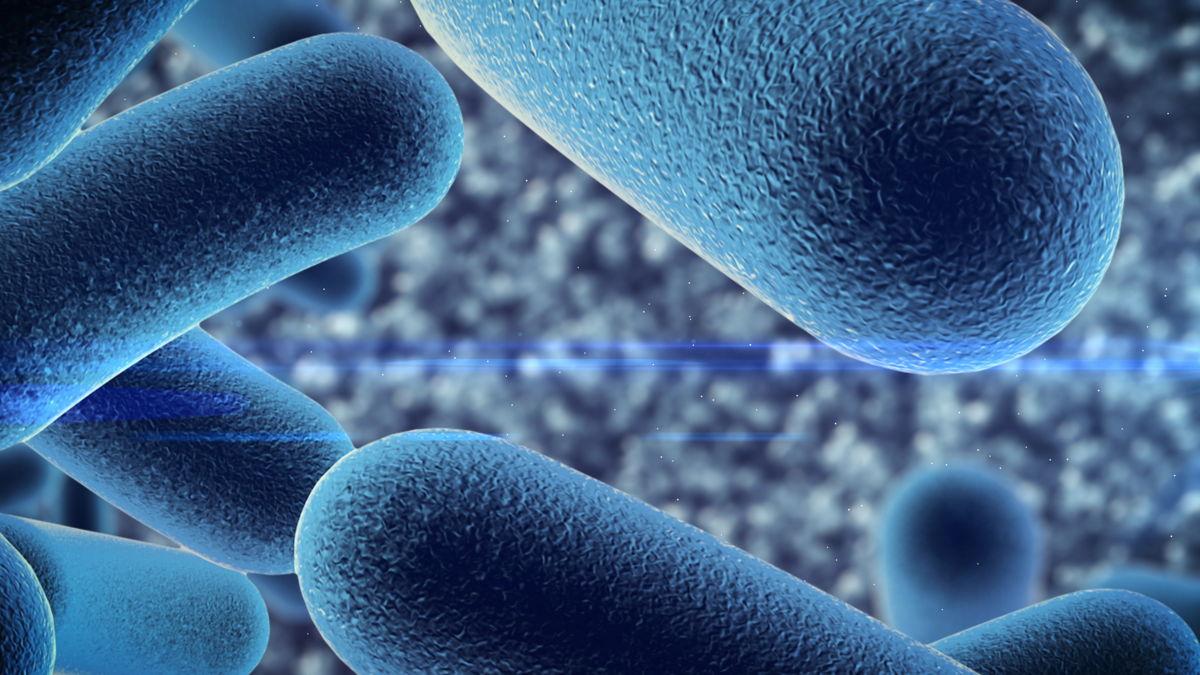People with unexplained stomach problems, called functional dyspepsia in medical terms, will often be prescribed antacids as a first line treatment. This works for most patients, but in the long run, this can influence the natural gut flora. To prevent this, there are food supplements with probiotics. These are micro-organisms, mostly bacteria, that have a beneficial influence on the gut flora and can improve our health.
A Belgian-Dutch research team has examined whether a new generation of probiotics with spore-forming bacteria (Bacillus coagulans MY01 and Bacillus subtilis MY02) can also reduced unexplained stomach complaints. 68 patients with functional dyspepsia participated in the trial. During eight weeks the one half took a daily probiotics supplement, and the other half was given a placebo. Patients were asked to keep a daily diary about their stomach complaints, give regular blood samples and a number of stool samples. The results were recently published in the medical journal The Lancet Gastroenterology & Hepatology.
Fewer stomach problems with new generation of probiotics
Prof. dr. Tim Vanuytsel, gastro-enterologist at UZ Leuven: “The treatment had a clear effect on the symptoms: in comparison with the placebo group, a lot less patients continued to have stomach problems after taking probiotics for some time. They had twice as much chance to experience a significant reduction of their symptoms. This was the first double-blind, placebo-controlled trial that examined the added value of probiotics in functional dyspepsia.”
In comparison with the placebo group, a lot less patients continued to have stomach problems after taking probiotics for some time.Prof. dr. Tim Vanuytsel, gastro-enterologist
Efficient and safe
In a next phase of the trial all patients were given probiotics to examine the long-term effects. The number of active immune cells, the so-called Th17 cells, and the signal and the signal substance they produce (IL-17) in the blood decreased, and at the same time, the researchers found more beneficial bacteria in the stool samples. The effects were most significant after 16 weeks.
Dr. Lucas Wauters, gastro-enterologist in training and doctoral student: “In summary, the long-term administration of probiotics led to positive changes in the gut flora and the immune system, resulting in a reduction of the stomach problems. What's more, there were no serious adverse effects, making it a safe treatment.”
Special breath tests showed that, after the treatment with these specific probiotics, patients that took antacids also displayed a reduction of bacterial overgrowth in the gut.
Larger trial required
“The majority of the participating patients showed interest to continue using the commercially available supplement after the end of the trial. We certainly recommend it to people that have been referred to us and have tried all manner of things for their stomach problems. It is however too soon to introduce probiotics as first line treatment for all patients. The current results first need to be confirmed in an international, multicentric trial in a lot more patients”, professor Vanuytsel concludes.
About functional dyspepsia
Approximately 20 per cent of all people regularly suffer from stomach problems such as pain in the upper abomen or bloating after eating. When an endoscopy doe not reveal anything abnormal, they are diagnosed with functional dyspepsia. The cause of the problems is unknown, but the disease seems to be linked to an inflammation of the small intestine. Often antacids are prescribed, to prevent enteristis and to reduce the symptoms. Long-term use of antacids is however discouraged because it can impact the local gut flora negatively.
The trial was conducted in cooperation with the Limburg company MY HEALTH and researchers from UGent, UHasselt and Universiteit Maastricht.
Read the publication in the medical journal The Lancet Gastroenterology & Hepatology.

Principal investigators dr. Lucas Wauters, prof. dr. Tim Vanuytsel and trial coordinator Karlien Geboers. © UZ Leuven

